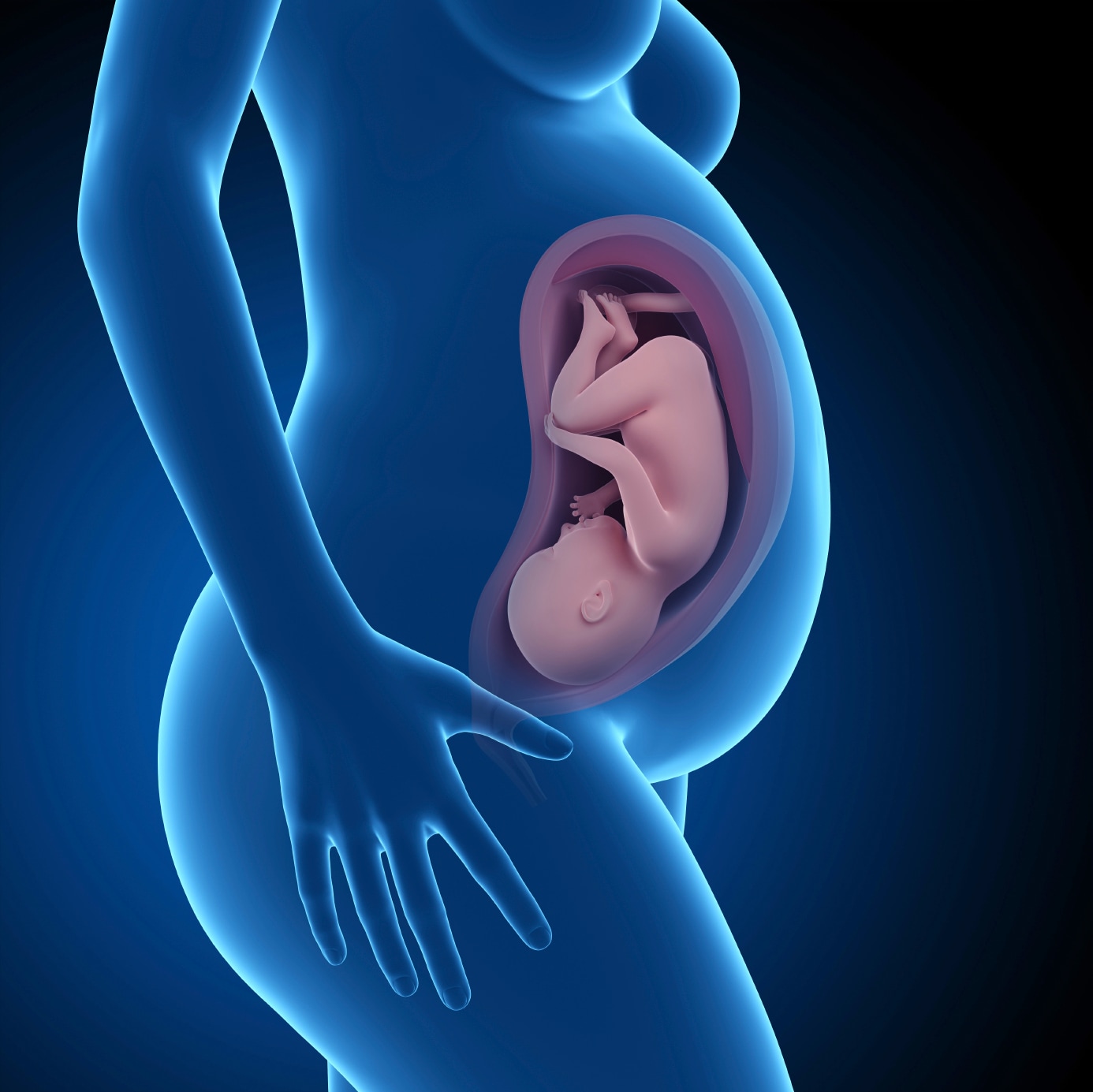Takeaway
- Data from a prospective birth cohort study suggest that offspring exposed to maternal stress during gestation were at an increased risk for personality disorder.
- The effect of prenatal stress was independent of comorbid psychiatric disorders.
Why this matters
- Assessing maternal stress and well-being during pregnancy may identify those at greatest risk of developing personality disorder.
- Findings highlight the importance of prenatal care for good maternal mental health during pregnancy
Study design
- Data from the Helsinki Temperament Cohort (1 July 1975 to 30 June 1976; n=3626) were evaluated to determine the effect of prenatal stress and childhood temperament on mental health outcomes.
- Primary outcome: diagnosis of personality disorder.
- Funding: Health Research Board in Ireland.
Key results
- The median number of prenatal questionnaires submitted per woman was 6.
- Overall, 40 individuals were identified with a personality disorder.
- A high risk of developing a personality disorder was noted in children exposed to maternal stress during gestation vs those unexposed (P<.05):
- any maternal stress (OR, 2.76; 95% CI, 1.59-4.80);
- moderate stress (OR, 3.13; 95% CI, 1.42-6.89); and
- severe stress (OR, 7.06; 95% CI, 2.10-23.81).
- These associations remained even after adjusting for parental psychiatric history, comorbid psychiatric diagnoses, smoking and antenatal depression (P<.05):
- any maternal stress (aOR, 3.28; 95% CI, 1.75-6.15);
- moderate stress (aOR, 3.91; 95% CI, 1.66-9.21); and
- severe stress (aOR, 9.53; 95% CI, 2.36-38.36).
Limitations
- Self-reported depression symptoms during pregnancy.
References
References



